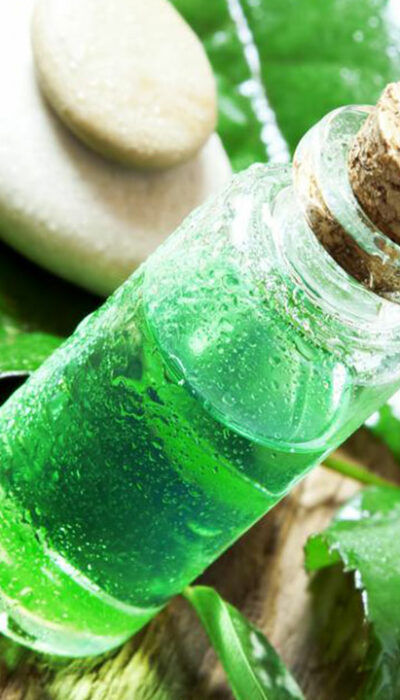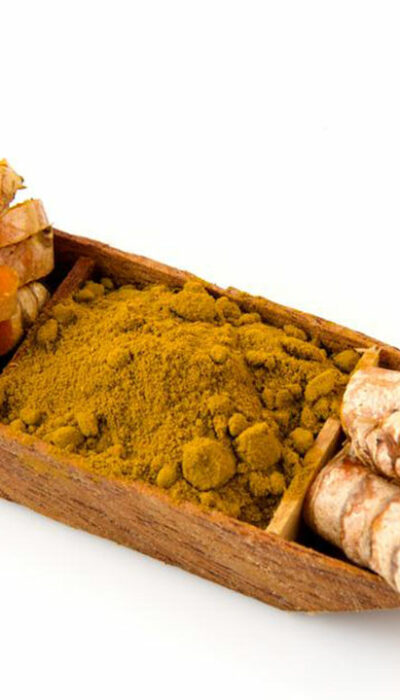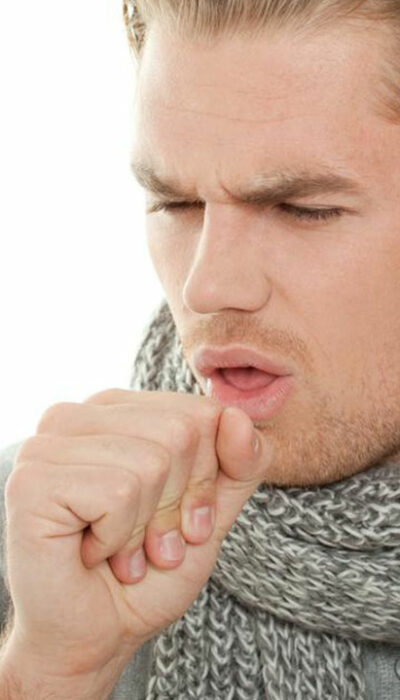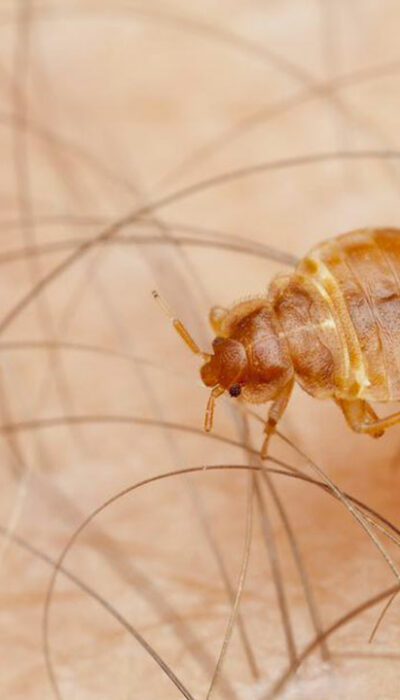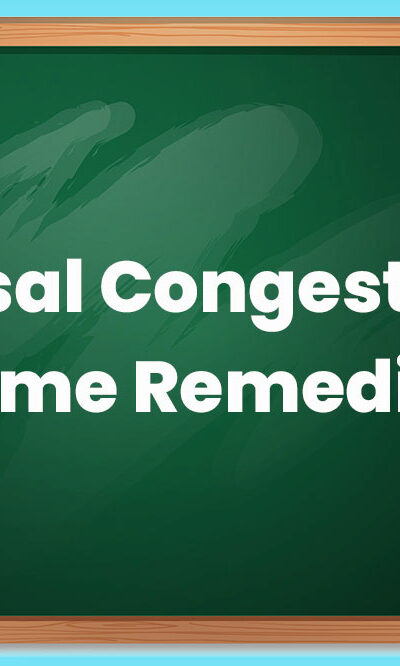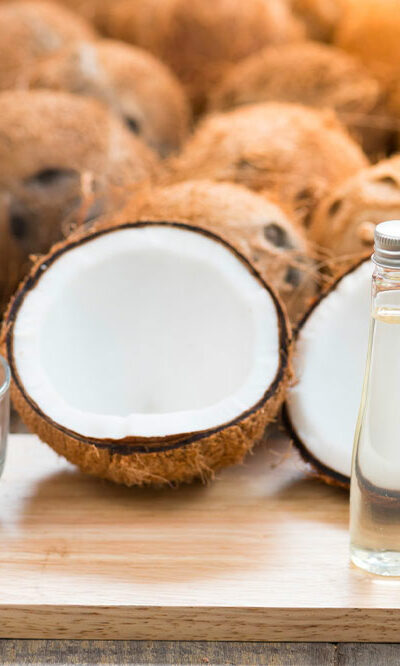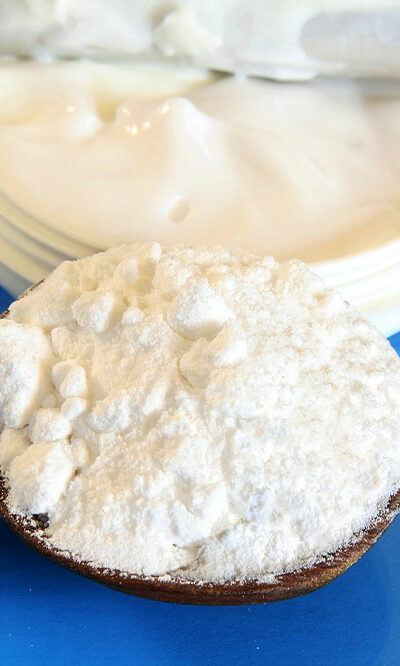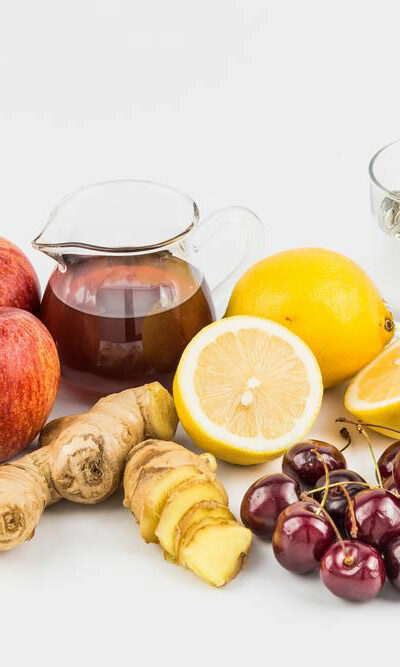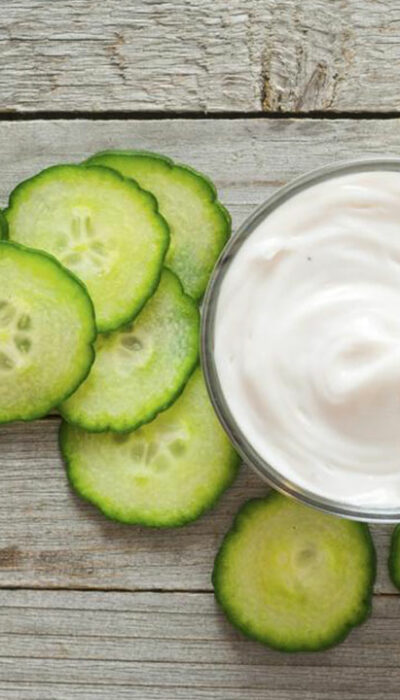
Home Remedies to Treat Poison Ivy Rashes Effectively
A serene, natural and green environment is the best therapy that you need. But, one thing you need to be wary of is the poisonous plants that lurk around the corner, waiting to come in contact with you. Poison ivy is one of the most common allergies that Americans face, with over 50 million people suffering from it each year. Statistics show that about 85 percent of the population is allergic to poison ivy. Poison ivy contains urushiol, which is an oily resin that is responsible for causing an allergic reaction. Urushiol is found in the roots, stems, and leaves of the poison ivy plant, and when you touch or brush against this plant, you end up with a poison ivy rash. Symptoms of Poison Ivy: How can you tell? The symptoms of poison ivy allergy or rash include swelling, itching, and redness in the affected area. You might even experience difficulty in breathing. The rash might turn into blisters. Since the plant has sharp edges, the rash might look like a straight line, as you’ve most likely brushed against it. Poison Ivy Treatment Cold compress Applying a cold compress can help soothe your skin as well as decrease the itchiness and prevent the urge to scratch the affected area. When you scratch the rashes, you tend to make it worse as your skin will get damaged. A cold compress can also help soothe inflammation. Lemon juice Lemon juice is a natural astringent. Since the oily resin in the poison ivy plant is what causes the rash and allergy, lemon juice can work as an excellent poison ivy treatment. Make sure you apply the lime juice as soon as you come in contact with the poison ivy, and before the oily resin gets into your skin. However, lemon juice can irritate a few people.

